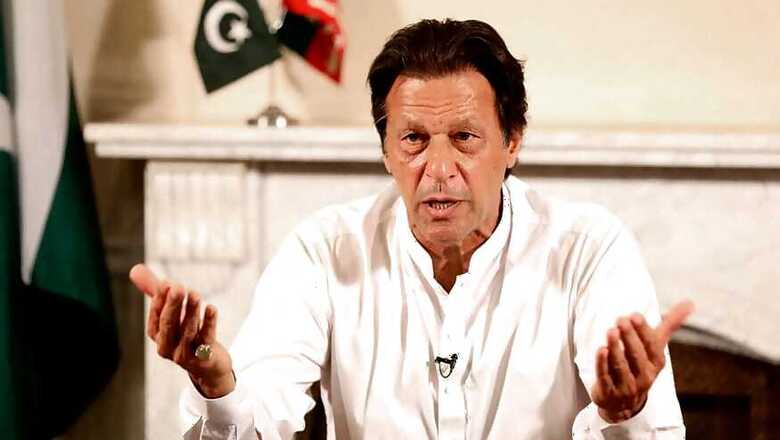
views
New Delhi: The international terror financing watchdog FATF on Friday condemned the Pulwama terror attack and said Pakistan has failed to demonstrate a proper understanding on funding of terrorist groups such as Jaish-e-Mohammad and Lashkar-e-Taiba.
The remarks came at the Paris-headquartered Financial Action Task Force’s plenary meeting in Paris that was held in the backdrop of the Pulwama terror attack, in which 40 CRPF personnel were killed last week.
Expressing grave concern over the violent terrorist attack, the 38-member watchdog said it could not have occurred without money and the means to move funds between terrorist supporters.
The FATF said Pakistan should continue to work on implementing its action plan to address its strategic deficiencies, including by adequately demonstrating its proper understanding of the terror financing risks posed by the terrorist groups and conducting supervision on a risk-sensitive basis.
This means that Pakistan would remain on the FATF 'grey list', making it hard for the country to get international loans.
"Pakistan has revised its TF (terror financing) risk assessment. However, it does not demonstrate a proper understanding of the TF risks posed by Da'esh (ISIS), AL-Qaida, JuD (Jamat-ud-Dawa), FIF (Falah-e-Insaniat Foundation), LeT (Lashkar-e-Taiba), JeM (Jaish-e-Mohammad), HQN (Haqqani Network) and persons affiliated with the Taliban," the statement said.
Forty CRPF personnel were killed and five injured on February 14 in one of the deadliest terror strikes in Jammu and Kashmir when a suicide bomber blew up an explosive-laden vehicle near their bus in Pulwama district in Jammu and Kashmir.
The bus was part of a convoy of 78 vehicles carrying Central Reserve Police Force (CRPF) personnel from Jammu to Srinagar. The Jaish-e-Mohammad claimed responsibility for the attack.
After the attack, India had been pressing the FATF to put Pakistan on the blacklist and had submitted a dossier to the watchdog, making a strong case against Pakistan’s non-compliance in curbing terror funding.
Pakistan is already in the grey list and has time till October to avoid being blacklisted, technically referred to as countries under ‘high-risk and other monitored jurisdiction.’ Iran and North Korea are currently blacklisted.
In June 2018, Pakistan made a high-level political commitment to work with the FATF and the Asia Pacific Group to address its strategic counter-terrorist financing-related deficiencies.
To avoid being blacklisted in October this year, it had committed that “law enforcement agencies are identifying and investigating the widest range of terror funding activities and that terror funding investigations and prosecutions target designated persons and entities, and persons and entities acting on behalf of or at the direction of the designated persons or entities.”
India had informed the FATF that Pakistan is falling short of its commitments drastically as the proscribed terror outfits and individuals continue to act from its territory and bleed India.
When Pakistan was put under the grey list last year, its all-weather friend China and Saudi Arabia, which has an observer status at the FATF, refused to shield it. India is hoping that it can ultimately build enough pressure to push for Pakistan’s blacklisting later this year. The blacklisting will prevent institutions like IMF from financially supporting Pakistan that it can ill-afford at this time.




















Comments
0 comment